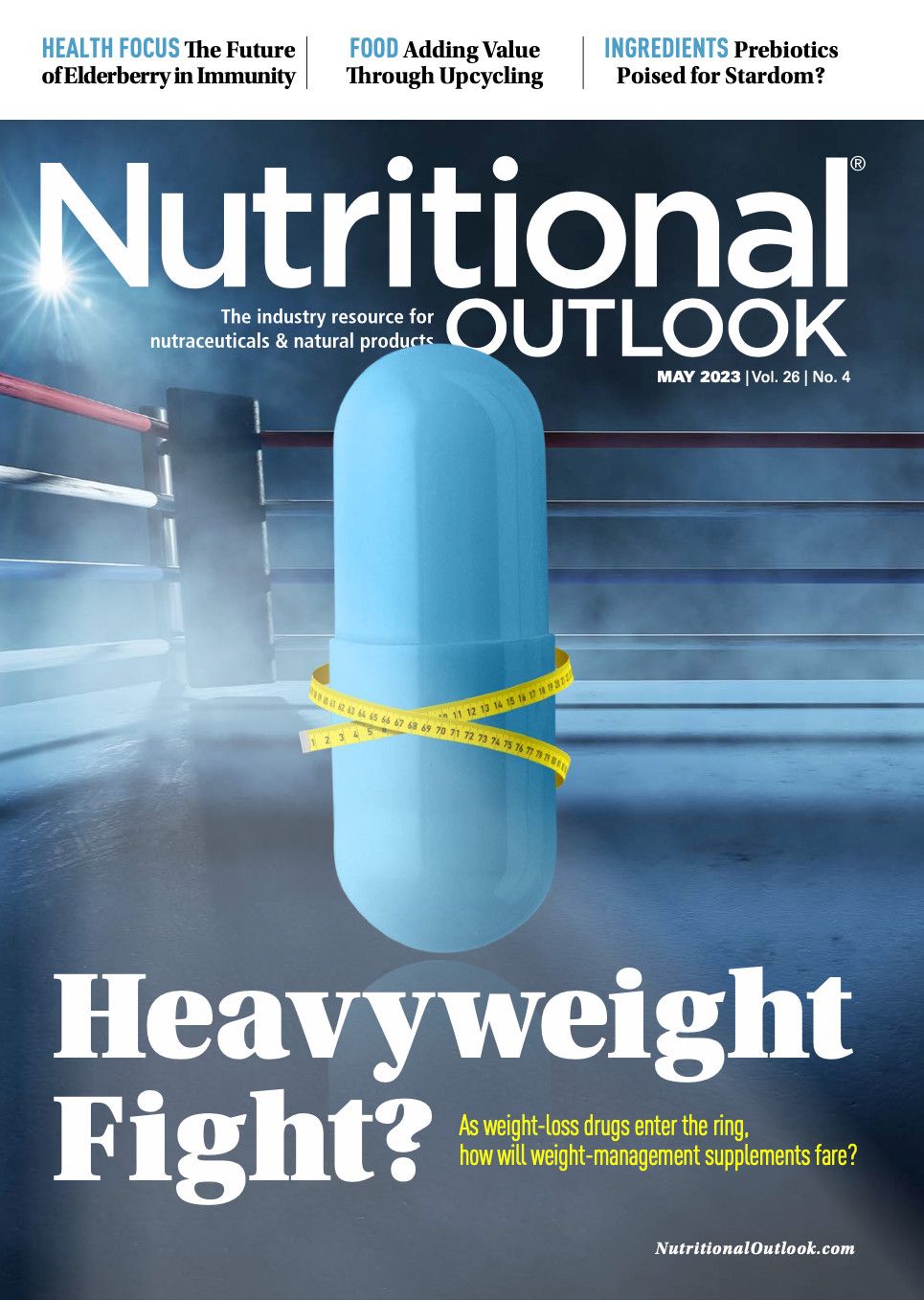The push for innovation in better-for-you functional beverages
With more consumers seeking alternative dosage formats, functional beverages can offer convenient and exciting ways to fortify health and wellness.
© Djomas / Stock.adobe.com

Better-for-you drinks continue to be a major opportunity for innovation and product development. This was the takeaway from “Build-A-Beverage: Factors to Consider When Developing New Products,” an education session held at this April’s SupplySide East trade show in Secaucus, NJ.
Who’s Buying?
Functional beverages are thriving as consumers seek out novel ways to fortify their health, increasingly through functional foods and beverages. According to session speaker Diana Ray, vice president of strategic innovation at the Natural Marketing Institute (NMI), over the past decade millennials have driven the growth of products that promote a “healthy/balanced lifestyle.” These consumers, between the ages of 27 and 42, are typically more established in their careers and are likely to have a growing family; therefore, they command a lot of power as moms and dads, and partners and spouses, who go shopping for the household—and who are a ripe audience for better-for-you drinks.
This is also the generation that grew up embracing popular mainstream diets like gluten-free, vegan, keto, and paleo, alongside attributes like natural, organic, and plant-based. Ray reported that between 2019 and 2022, plant-based milk alternatives saw the highest sales growth, at 32%, compared to other popular beverage categories such as sports and energy. When it comes to beverages, Ray also said that natural beverages, organic beverages, and organic milk saw 30%, 31%, and 33% sales growth, respectively, in 2022, compared to the previous year.
And, for many consumers, health extends beyond personal nutrition choices to include a healthy planet. They care about where their food and drink comes from. According to Ray, 71% of consumers say they consume organic foods and beverages for environmental reasons, and 90% say they consume them for health reasons.
The connection between the earth and personal well-being also makes consumers open to herbal ingredients. For example, Ray said, emerging ingredients such as seaweed, cannabidiol (CBD), exotic mushrooms, hemp, and spirulina are being consumed by 28%, 24%, 24%, 20%, and 17% of the general population, respectively.
Function Follows Form
What’s interesting though, said Ray, is that many consumers are consuming these ingredients via food and beverage products rather than supplements, which means that many consumers are being introduced to dietary supplement ingredients outside of traditional dosage formats.
On top of this, pill fatigue is driving consumers to alterative dosage formats such as beverages, with 43% of consumers saying they prefer alternative dosage formats. According to Ray, 20% of consumers said they purchase ready-to-drink beverages, and 10% said they purchase fortified functional beverages.
A Bright Future
Functional beverages offer ease of use and potentially better compliance compared to traditional dosage formats like tablets and capsules. On top of this, novel product concepts, marketing, and flavors create excitement around emerging and established dietary supplement ingredients such as vitamin D, protein, probiotics, and prebiotics.
While concepts around immune health, gut health, and protein supplementation are well accepted in the marketplace, marketers should also remember that functional beverages offer a gateway to new consumers and can spark renewed interest among lapsed or longtime supplement users.

FDA revokes authorization to use Red No. 3 as a color additive in food or drugs
January 15th 2025FDA contends that the color additive is safe for humans but is legally obligated by the Delaney Clause of the FD&C act to revoke authorization as research shows the Red No. 3 induces cancer in rats.
Survey finds a lack of enthusiasm about AI technology among food and beverage consumers
December 12th 2024The survey, commissioned by Ingredient Communications and conducted by SurveyGoo, found that 83% of respondent agreed that companies should declare on product labels when a product has been designed or manufactured with the assistance of AI technology.